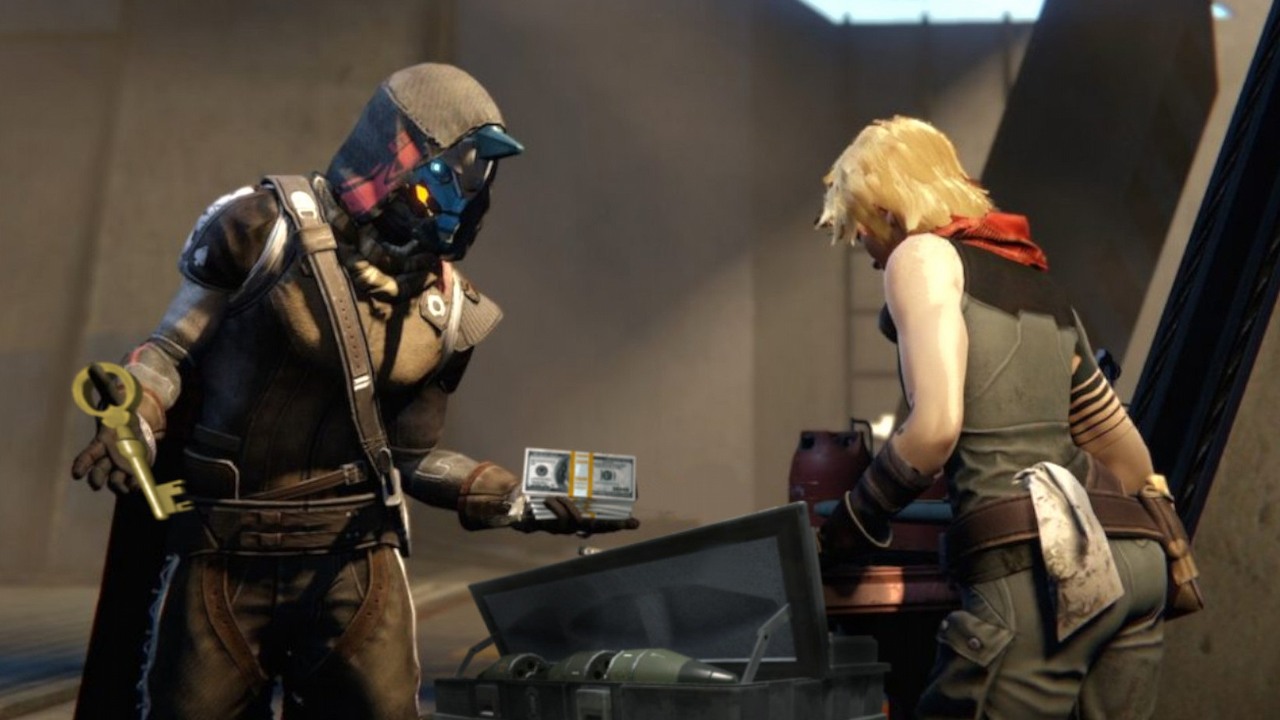Belgium's New Regulations Failed to Get Rid of Lootboxes
2018 was supposed to be the end of lootboxes in Belgium. However, apparently banning this type of „gambling” proved too difficult in practice.

Belgium is one of the first countries in Europe to have banned lootboxes. At least on paper, because Leon Y. Xiao of the University of Computer Science in Copenhagen has shown that the Belgian regulations on the mechanic are not only not respected, but the ban itself may not have been the best idea.
Lootboxes are still alive in Belgium
In his paper (via OSF Preprints) the researcher reports that of the 100 most popular titles in the App Store in the first half of 2022, 82 included lootboxes in one form or another.
Xiao also compared the list of the one hundred top-earning apps for iOS devices in Belgium with data from the UK and China. In the former case, seventy-one games were present in both countries' lists, and when narrowed down to the top fifty, forty-two (or 84%). Given that the regulations have been in force for four years now, that's not much of a difference, especially since that's how much time publishers were given to adjust to the new regulations.
Banning lootboxes is bad for players and honest developers
Of course, in part this may be due to Belgium's insufficient enforcement efforts. After all, some developers may have broken the law not intentionally, but out of ignorance (although this may come as a surprise, since at one time the Belgian ban has made waves in the game industry).
Perhaps the Belgian government, in cooperation with Apple and Google, among others, and leading publishers, could try to make developers more aware of the ban. For example, in the form of notifications or questions about lootboxes when applying to add apps to the App Store, Google Play, etc.
Nevertheless, Xiao believes that getting rid of lootboxes from a country is "virtually impossible". Moreover in its current form, the Belgian ban does more harm than good.
- First of all, it puts to sleep the vigilance of "consumers, parents and lawmakers", who can expect the elimination of lootboxes from Belgium. Meanwhile, only some of the more "morally responsible" publishers have withdrawn their games from the country, leaving games with potentially even more incentive to spend (and thus, as it were, also giving them an unfair advantage in the market).
- Second, while an effective ban would prevent extreme cases of lootbox spending, its introduction also affects players. Even if the games they are interested in have not been blocked, the inability to spend - and I write this without sarcasm - really small amounts of money per month on a game can effectively spoil the fun of mobile games (for example, forcing long waits for a re-session with the game).
- Third and finally, a formal "ban" on lootboxes can have the forbidden fruit effect, paradoxically increasing the interest of younger players in games with lootboxes. In addition, it discourages people who have a problem with overspending in games from seeking help, since it is "criminalized" from the legal point of view.
Belgium showed how (not) to ban lootboxes?
In the context of these and other enforcement problems Xiao concludes that the lootbox ban solution used in Belgium should not be a model for other countries. It is significant in that more and more countries are taking a stand against random content in video games. Some governments and organizations believe, that the responsibility for it lies with the publishers. Others are preparing their own regulations.
It is also worth recalling that the Belgian initiative has affected the policies of some publishers. For example, EA Sports has introduced the option to preview the contents of lootboxes, and in Overwatch 2 we won't see them at all.
- They say that violent games cause more aggression. That's why the Mexican government wants extra fees from players for GTA and Call of Duty
- Players choose remakes over remasters, spending more to relive the classics, although there are few exceptions
- Blizzard hasn't announced anything yet, but fans are already worried. Mysterious new currency in WoW: Midnight is causing concern
0

Author: Jacob Blazewicz
Graduated with a master's degree in Polish Studies from the University of Warsaw with a thesis dedicated to this very subject. Started his adventure with gamepressure.com in 2015, writing in the Newsroom and later also in the film and technology sections (also contributed to the Encyclopedia). Interested in video games (and not only video games) for years. He began with platform games and, to this day, remains a big fan of them (including Metroidvania). Also shows interest in card games (including paper), fighting games, soulslikes, and basically everything about games as such. Marvels at pixelated characters from games dating back to the time of the Game Boy (if not older).
Latest News
- Elite Mod lets you play the Tau faction in Warhammer 40K: Dawn of War 2
- Huge Marvel Adventures mod now with new superheroes, including Sentry
- Butcher's Summit, an impressive free diselpunk FPS, has been released
- Free FPS on Half Life engine gets big update
- On February 3, gaming history could change forever. Red Dead Redemption 2 one step away from a major achievement

